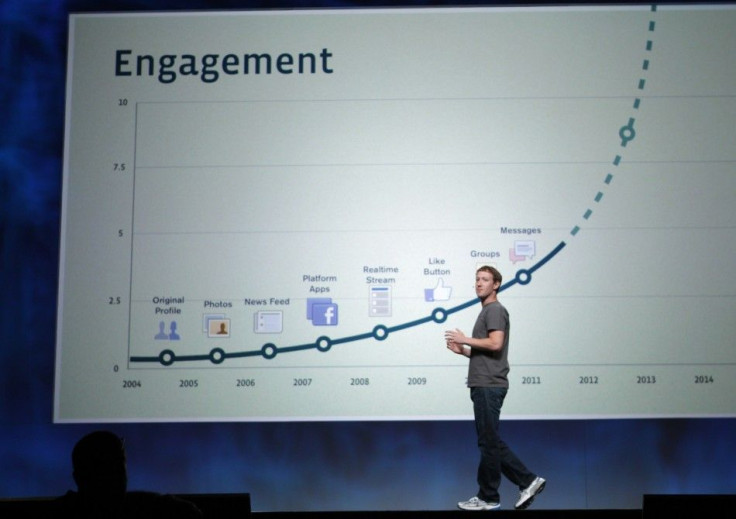Facebook Does News: What This Means for Google
ANALYSIS

Facebook has teamed up with publishers including Yahoo News, The Washington Post, and News Corp.'s The Daily to help friends see what news their other friends are reading.
We think that Open Graph creates a great opportunity to rethink the way we discover and read news, said Mark Zuckerberg at the f8 developers conference Thursday in San Francisco.
The Open Graph is Facebook's new class of applications that can share what users are doing without overwhelming their friends. Updates from one's graph are discretely displayed in a small box in the upper right hand corner called the Ticker.
Facebook will also promote content from each of these companies' brands and affiliates, including Slate, AP, Reuters, and Mashable.
But what does this mean for Google?
According to a Nielsen report released in May, Google Search (and to a lesser extent, Google News) drives about 30 percent of traffic to top news sites, with Yahoo and the Drudge Report also ranking as major drivers. However, in five of the top 25 news sites, Facebook was the second or third most important driver of traffic.
If searching for news was the most important development of the last decade, sharing news may be among the most important of the next, the study's authors said.
Google should be worried. Once Timeline is fully rolled out, Facebook's 800 million users will be spending much more time exploring the new-look Facebook, learning about their Timeline, testing out Open Graph, and designing their shiny new profiles. Furthermore, since updates from Open Graph applications will be displayed in the tiny Ticker instead of the larger News Feed, receiving hundreds of these updates from friends won't be a nuisance, and users can feel guilt-free about sharing them, too.
Except for Yahoo News Activity, friends can read news content right on Facebook, making the social network into a beautiful closed-loop system of referrals: People visit Facebook (as they do), people see a friend has read an article, they click on it, and now they've unwittingly shared the article with their friends, too. Rinse, repeat.
This is the beauty of the new Facebook. Automatically shared updates means more work is required to remove a recommendation rather than to make one. Old Facebook had it the other way around. And since Facebook now gives users control over which people they want to hear from, recommendations from friends will carry more weight.
I think in the future, good news sites-and we're going to be one-are going to have a social element, says Washington Post CEO Don Graham. And here's the first chance to prove that. Here's the first chance to develop something special. Here's the first chance to see how important this is.
All news publishers working with Facebook will include a new functionality to discover articles you might like, based on your history and what your friends are reading. However, the offerings from each of the companies will differ substantially.
The Washington Post's Social Reader will allow Facebook users to access articles from the Post, as well as the media company's other brands, like Slate, Foreign Policy, and The Root, and partners like AP, Reuters, and Mashable. The Post won't benefit from those clicks, however; the Post's Social Reader platform only allows article reading directly through Facebook.
Yahoo News Activity, on the other hand, will collect its Facebook clicks. When a user allows Yahoo News to connect to Facebook, each page on Yahoo News contains a horizontal bar displaying all of their Facebook friends, and by hovering over a friend's picture, users can instantly see what their friend is reading. This provides Facebook users an opportunity to read something they might not have read otherwise, while also giving them a chance to learn about what kind of news their friends enjoy reading.
Seeing friends reading something has actually made me a lot more likely to read it, says Graham. I'm a bit surprised by that.
ComScore reported in May that Yahoo sites only drive about 16 percent of all Internet searching, while Google sites account for nearly 66 percent of search traffic. The company's new partnership with Facebook, however, should be a tremendous boon to Yahoo's recent woes, in traffic and otherwise.
© Copyright IBTimes 2024. All rights reserved.






















